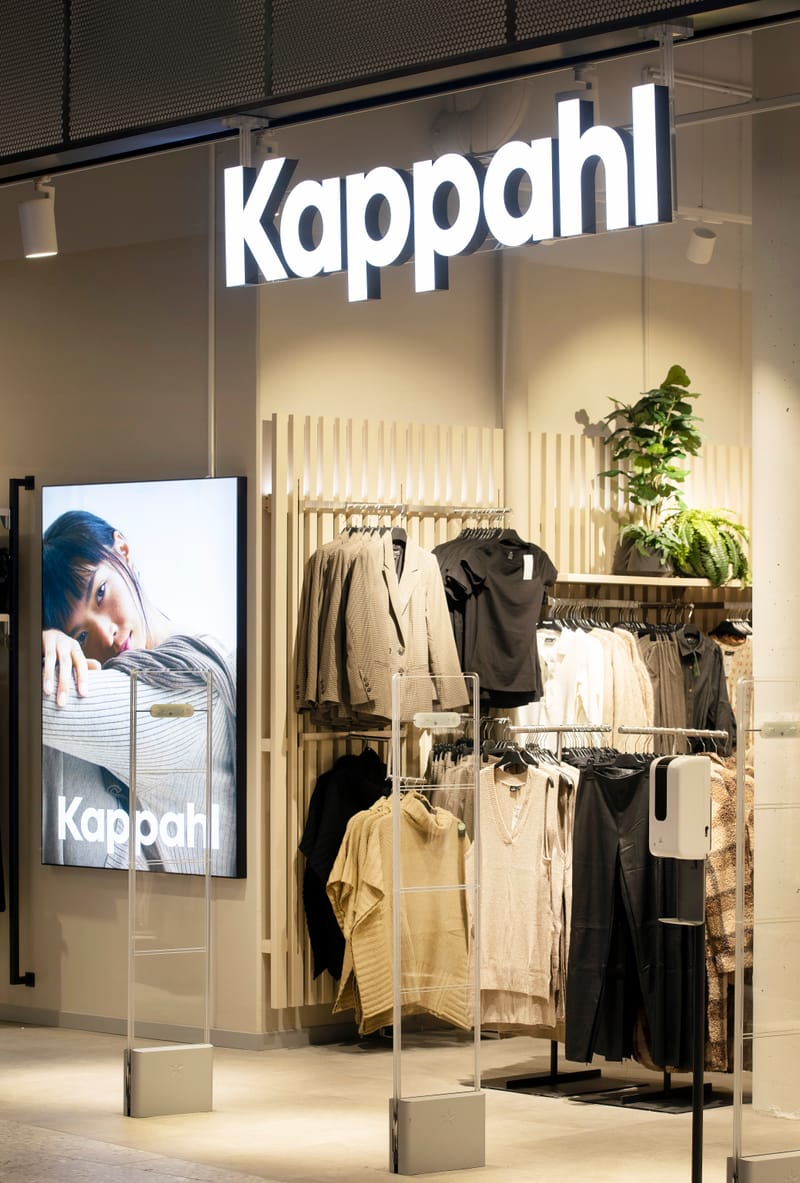In a bid to align with the EU Strategy for Sustainable and Circular Textiles, Nordic fashion retailer Kappahl Group has joined forces with Trace4Value to pilot digital product passports (DPP). These passports are set to become mandatory for textiles sold in the EU by 2030, offering consumers access to vital information about a product's climate footprint and sustainability data.
"Kappahl wants to be a pioneer when it comes to sustainability and transparency in fashion," says Sandra Roos, Vice President Sustainability at Kappahl. "We can now show our customers a first version of the digital product passport in textiles, all the way from production to sales."
The pilot project, initiated by Trace4Value, focuses on testing the product passports and understanding the new system's intricacies, data collection requirements, and how the information can be effectively presented to customers. From January, customers purchasing the "Göran" children's trousers or "Olle" children's sweater from Kappahl's spring collection will be able to access detailed sustainability data, covering materials, suppliers, eco-labelling, and information on how the garments can be circulated.
The move towards digital product passports stems from the EU's Green Deal and the Ecodesign Directive for sustainable products. This initiative aims to enhance traceability and facilitate a circular economy by ensuring that nearly all products placed on the European market have a product passport by 2030. The introduction is set to begin with textiles, electronics, and batteries.
Jenny Wärn, Implementation Manager at Trustrace, emphasizes the significance of digital product passports in providing transparency throughout the value chain. "Consumers will have access to information that not only educates them about the product but also provides insights into how to repair and recycle it," she says.
Kappahl's participation in the pilot project, coordinated by RISE and led by Trustrace, is expected to yield valuable insights into the functionality of digital product passports for customers. The test will also play a crucial role in identifying necessary data and preparing the business and the value chain for DPP and future legislation.
"The introduction of digital product passports means a major change for the industry," concludes Sandra Roos. "We will not solve it on our own but must work together and learn together. The Trace4Value project is extremely valuable to us as a fashion company, and we are now very curious about how the passports will be received by customers and what knowledge the pilot will give us."
Trace4Value is a consortium consisting of over 65 actors with various sub-projects, coordinated by RISE. The pilot project on digital product passports is led by Trustrace, running from the spring of 2022 to 2024, with participants including GS1, SIS, TrusTrace, Marimekko, Rudholm Group, Circularista, TexRoad Foundation, and Trimco Group.
DPPs are digital representations of physical products displaying sustainability data throughout the product's lifecycle. These passports, implemented under the EU's new eco-design legislation, contribute to a circular economy by increasing resource efficiency and making product sustainability visible. Once fully functional, information will be accessible through product-specific QR codes.
The fashion industry's journey towards sustainability and transparency takes a significant leap forward with Kappahl's commitment to digital product passports, heralding a new era of informed consumer choices and environmental consciousness.






